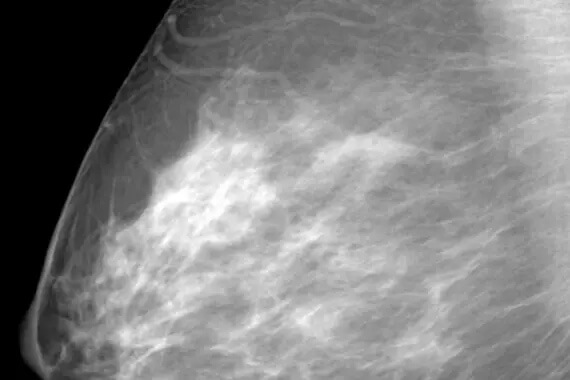Every time you use the healthcare system, a new record is made. There are records for when you are admitted to hospital or an emergency department; records documenting your routine health screenings; and records for when you are born and when you die.
Each record marks a personal event on the road map of your life.
After being scrubbed of identifying information to ensure confidentiality and anonymity, these records can be used by health researchers and policy-makers to better understand how patients move through public and private hospitals across NSW.
By finding patterns in the diseases we have and the ways we use our local health services, researchers can tease apart how things like location, socio-economic status, and behavioural risk factors can influence medical outcomes. They can also provide insights into the quality of healthcare we receive.
It’s this power of data, and the way it can be used in an efficient, cost-effective manner to solve health problems and identify emerging medical concerns, that drives Associate Professor Sarah Thackway, Executive Director of the Centre for Epidemiology and Evidence at the NSW Ministry of Health.
According to Thackway, the state of NSW undertakes complex analytics to better understand the health of the population in the state. It releases roughly 900 million anonymised records per year to researchers who use them to make new discoveries and develop deeper insights for public benefit.
Read the full article: NSW Health | Population data experts are forcing a rethink of how we deal with ageing and disease




